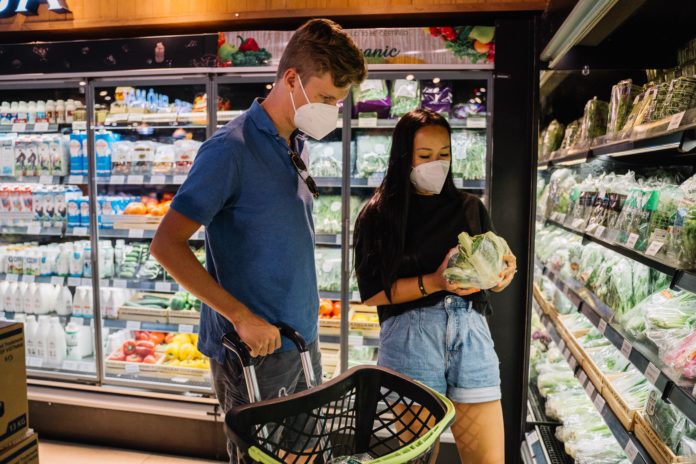Sustainability considerations now influence the majority of the world’s grocery shoppers when buying packaged foods such as potato chips and cookies, according to Cargill’s most recent global FATitudes™ survey.
The proprietary research finds 55% of consumers indicate they’re more likely to purchase a packaged food item if it includes a sustainability claim, a four-point jump since the company last fielded this research in 2019.
“Our latest findings clearly demonstrate that messages surrounding sustainability are having an impact on consumers,” said Nese Tagma, managing director of strategy and innovation for Cargill’s global edible oils business.
Cargill’s global FATitudes survey is pivotal to these efforts as it provides a window into consumers’ awareness, perceptions and behaviors around the fats and oils found in packaged food. The latest global survey, conducted in summer 2021, included approximately 6,000 primary grocery shoppers in 11 countries.
In this most recent round of research, an increased interest in sustainability was the most notable change from the previous survey’s results.
More than half of the countries surveyed showed an increase in the influence of sustainability claims, with the change most evident in these countries:
- Brazil and Mexico, which both saw 13 point increases in the purchase impact of sustainability claims between 2019 and 2021. Sustainability claims now drive purchase decisions for 74% of consumers in Brazil and 66% in Mexico.
- India posted double-digit increases, too, with 67% of consumers indicating they were more likely to purchase packaged food with sustainability claims, up 11 points from 2019.
- In the U.K., Cargill found 51% of consumers now say they place a greater emphasis on sustainability, an 8 point jump in just two years.
- U.S. consumers were also more attuned to sustainability claims; 37% indicated they were more likely to purchase packaged food with a sustainability claim, a 6 point increase compared to 2019 results.
For the first time, the survey also asked consumers what type of sustainability claim they were looking for. “Sustainably sourced” and “conservation of natural resources” topped the list, ranking well ahead of more specific claims such as Fair Trade, reduced packaging and fair/living wages in most every country included in the survey.














